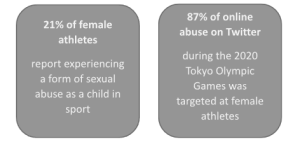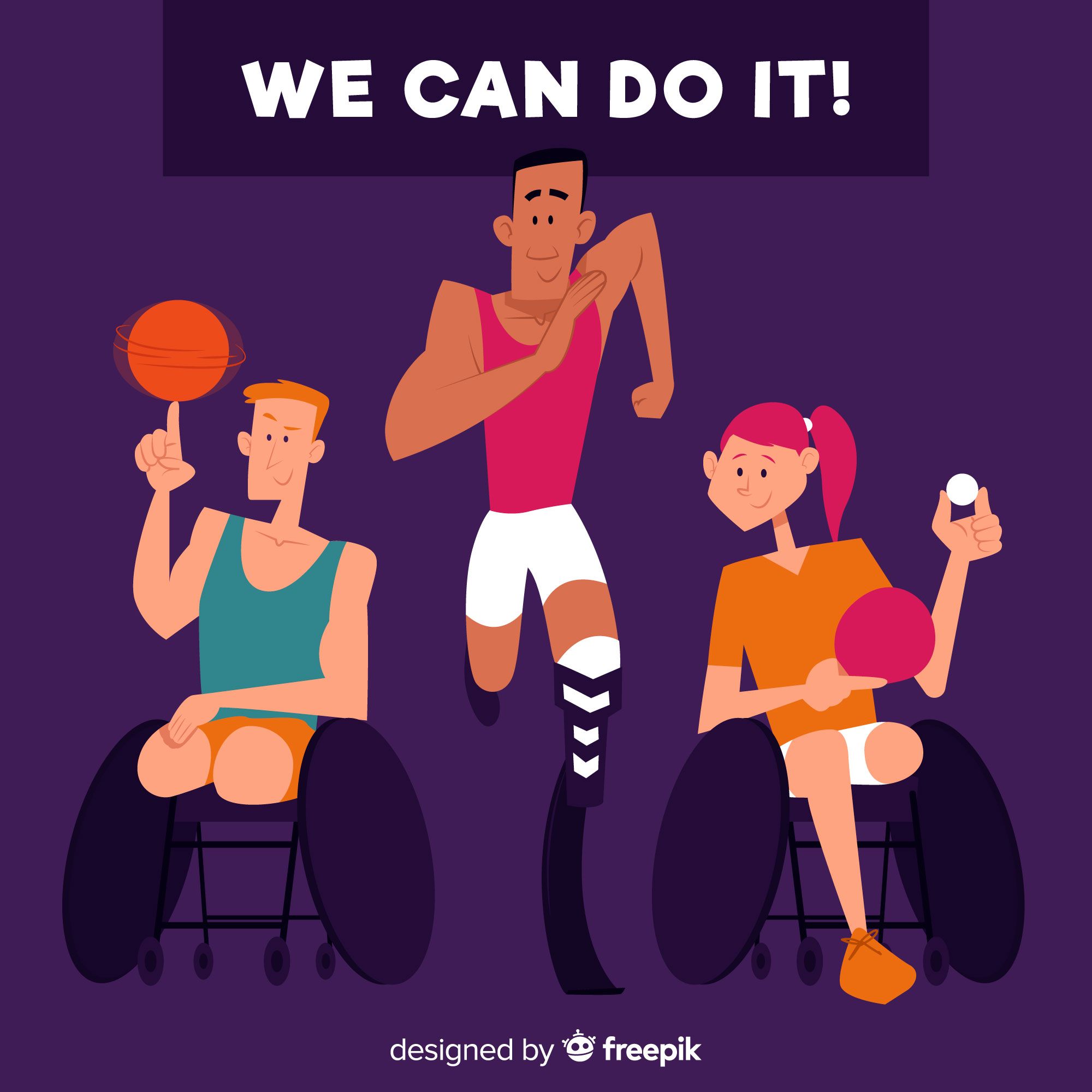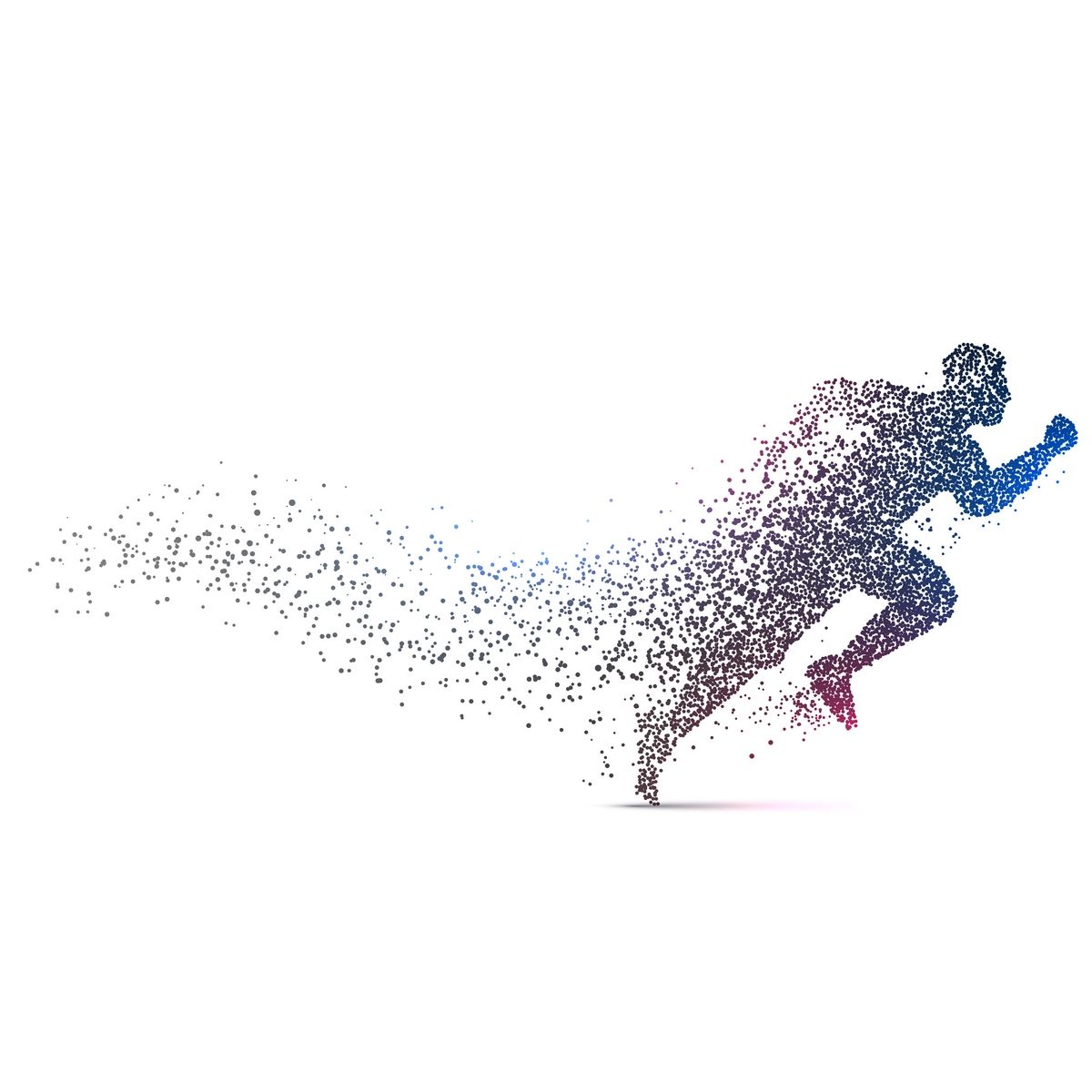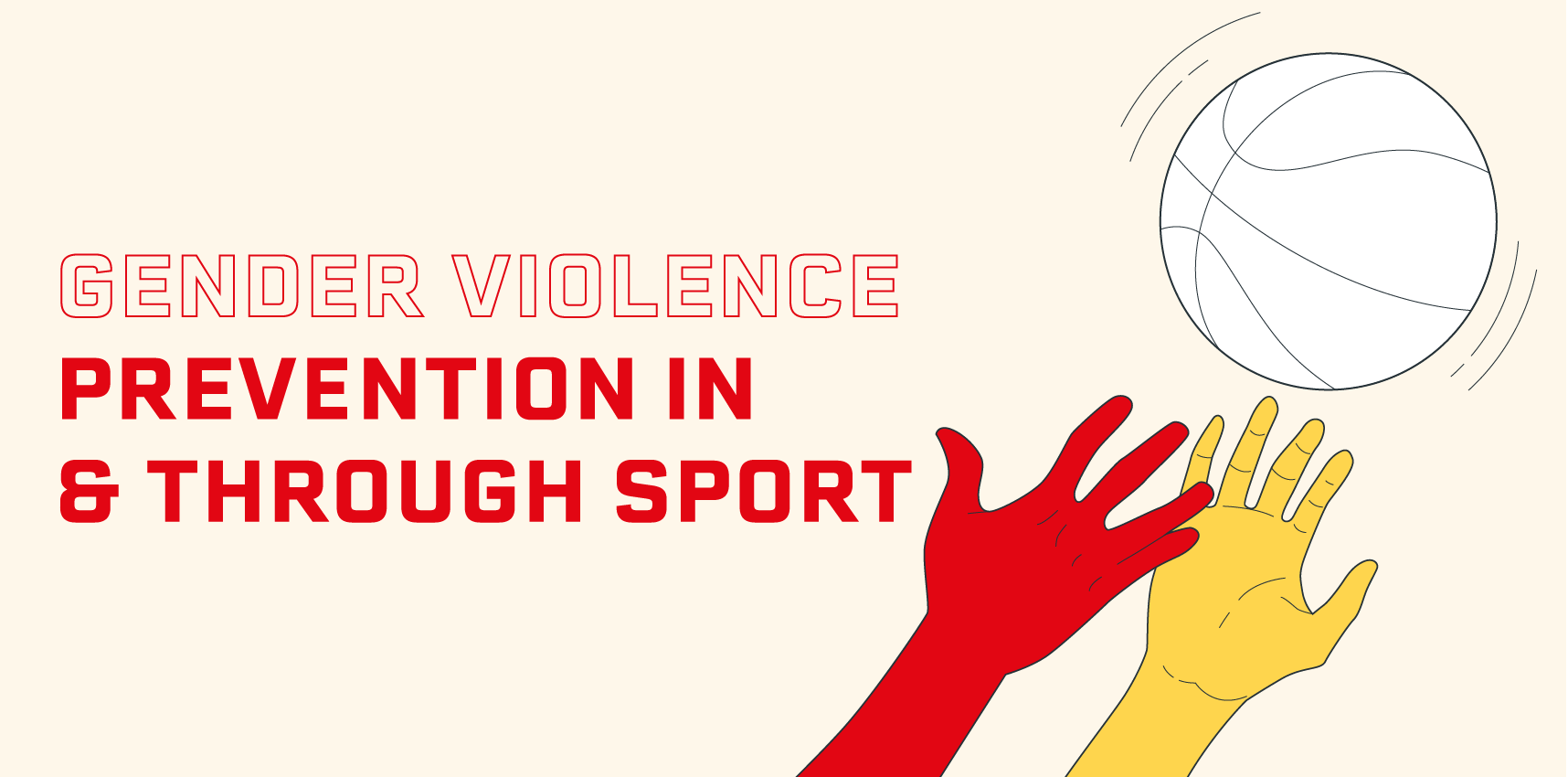Introduction
Gender-based violence (GBV) in sports has emerged as a critical issue across Europe, revealing profound gaps in knowledge, leadership, and policy. The Sport GVP project brings these realities to light, shedding new clarity on the persistent and varied challenges confronting different countries in their quest to cultivate safer and more inclusive environments for athletes. In Cyprus, Denmark, Greece, Italy and North Macedonia, the struggles with addressing GBV in sports underscore the need for profound systemic change. To tackle this pervasive issue, nations must not only strengthen existing frameworks but also adopt tailored, culturally sensitive solutions that place the safety and dignity of athletes at the forefront.
In recent years, the issue of GBV in sports has gained increasing attention across Europe. The Sport GVP project has identified critical gaps in knowledge, leadership, and policy in various countries, highlighting the unique challenges they face in addressing GBV. This article outlines the distinct barriers encountered in Denmark, Greece, North Macedonia, Cyprus, and Italy and potential solutions to foster safer sports environments that were presented in the national and transnational reports.
Cyprus
In Cyprus, the normalisation of harmful behaviours and the inconsistent enforcement of GBV policies create significant challenges.
Challenges
- Normalisation of Harmful Behaviours
In many sports environments, certain forms of violence or harassment are normalised. This cultural acceptance discourages athletes from recognising these behaviours as problematic or reporting them, for fear of social exclusion.
- Inconsistent Enforcement of Policies
While policies exist to address GBV, their enforcement could be more consistent. Many coaches and administrators lack the training or resources to effectively implement these policies, resulting in a system that fails to protect athletes.
- Lack of Intersectional Approach
An additional challenge in Cyprus is the absence of an intersectional approach to GBV prevention. Vulnerable groups, such as minority athletes or those with disabilities, are often left out of discussions on GBV, making it more difficult for them to access support.
Solutions
- Comprehensive Training Programmes: Implement intersectional training programmes that address the needs of different athlete groups, ensuring the protection of all athletes.
- Strengthened Reporting Mechanisms: Improve the accessibility and effectiveness of reporting systems, ensuring consistent follow-up and support for victims.
- Intersectional Policies: Develop inclusive GBV prevention policies that account for gender, ethnicity, and ability, ensuring no group is left unprotected.
Denmark
Denmark faces significant challenges in recognising and addressing GBV within its sports community.
Challenges
- Lack of Knowledge and Awareness
Sports organisations and clubs in Denmark often prioritise logistical aspects, such as filling team spots and maintaining facilities, over the well-being of participants. This focus has contributed to a need for more awareness around GBV, particularly concerning vulnerable groups like young women. As a result, many clubs need to recognise the risks athletes face, leaving GBV incidents underreported and unaddressed.
- Lack of Preventive Policies
The preventive policies currently in place in Denmark’s sports sector are either underdeveloped or inconsistently enforced. Many organisations lack clear guidelines, and there is no requirement for mandatory GBV prevention training for coaches. Consequently, coaches are often unprepared to identify or respond to potential abuse, allowing harmful behaviours to persist.
- Leadership and Media Confusion
Leadership within Danish sports clubs is hesitant to take the initiative in addressing GBV. This lack of direction is exacerbated by inconsistent media coverage, which often downplays the prevalence and severity of GBV in sports. This confusion leads to a lack of transparency and accountability, leaving both athletes and coaches needing clarification about how to prevent or report GBV.
Solutions
- Educational Programmes: Launch nationwide awareness campaigns and provide mandatory training for coaching staff to prioritise the safety and well-being of athletes.
- Policy Development: Implement comprehensive GBV prevention policies across all sports organisations, with regular evaluations to ensure compliance.
- Media Collaboration: Work closely with the media to ensure consistent and accurate reporting on GBV in sports, raising public awareness and promoting transparency.
Greece
Greece faces its own set of challenges in combating GBV, where ineffective policy implementation and cultural barriers play a significant role.
Challenges
- Ineffectiveness of Preventive Measures
Despite the presence of preventive measures, their enforcement is inconsistent, and sports organisations often lack structured policies. The gap between policy creation and actual application means that many incidents of GBV go unaddressed, leaving athletes vulnerable.
In Greece, coaches often have the discretion to enforce or ignore GBV-related policies. This variability leads to inconsistent protection for athletes, as personal biases or lack of training are sometimes overlooked or improperly handled.
Cultural attitudes surrounding gender roles and GBV present a significant obstacle in Greece. The stigma associated with reporting GBV is strong, and many victims fear retaliation or social ostracism. Furthermore, awareness of GBV prevention programmes is limited, and many athletes do not know where or how to seek help.
Solutions
- Standardised Policies: Develop and enforce national-level policies for all sports organisations, with penalties for non-compliance.
- Mandatory Training for Coaches: Introduce mandatory GBV prevention training for coaches, ensuring they understand and enforce relevant policies.
- Cultural Sensitivity Initiatives: Create programmes that address cultural barriers to reporting GBV, fostering a more inclusive and supportive environment for athletes.
Italy
Italy also struggles with a lack of awareness and inconsistent policy implementation in its efforts to combat GBV in sports.
Challenges
- Lack of Awareness and Training
There is a general lack of awareness in Italy regarding the severity of GBV in sports. Without consistent training programmes for coaches, athletes, and sports organisations, many are unaware of how to identify or prevent GBV incidents.
- Inconsistent Policy Implementation
Though policies exist to address GBV, their enforcement is inconsistent. Many sports organisations face resource limitations, which prevent them from implementing effective GBV prevention strategies.
Solutions
- Nationwide Awareness Campaigns: Educate the public and sports organisations through awareness campaigns highlighting the dangers of GBV in sports.
- Consistent Policy Enforcement: Strengthen the enforcement of existing policies through regular audits and penalties for non-compliance.
- Increased Resource Allocation: Ensure that sports organisations have the resources necessary to implement comprehensive GBV prevention programmes.
North Macedonia
In North Macedonia, barriers to reporting and cultural challenges limit the effectiveness of GBV prevention efforts in sports.
Challenges
- Lack of Trust in Reporting Mechanisms
Athletes in North Macedonia often distrust existing mechanisms for reporting GBV, fearing retaliation or discrimination. This lack of trust prevents many incidents from being reported, and athletes who do speak out may face negative consequences such as reduced playing time or social isolation.
- Gaps in Inclusivity and Cultural Barriers
Cultural barriers in North Macedonia hinder the participation of women and minorities in sports. These barriers also affect their ability to report GBV, as many do not have access to the necessary resources, such as legal support or counselling services.
A widespread lack of awareness about GBV and the resources available for victims exacerbates the problem. Many athletes are unaware of their rights or the proper channels for reporting abuse, leaving incidents unresolved.
Solutions
- Confidential Reporting Platforms: Establish secure, anonymous reporting systems to protect athletes from retaliation and encourage more individuals to come forward.
- Awareness Campaigns: Educate athletes and coaches about the importance of reporting GBV through targeted public campaigns.
- Inclusivity Initiatives: Create initiatives that address cultural barriers and promote inclusivity in sports, ensuring equal opportunities and support for all athletes.
Conclusion
In examining the prevalence of GBV in sports across Cyprus, Denmark, Greece, Italy, and North Macedonia, a clear and troubling pattern emerges. Despite each nation’s unique cultural and structural challenges, all are united by a pervasive lack of awareness, insufficient policy enforcement, and deeply ingrained social stigmas that hinder real progress in combating GBV. Whether it’s Cyprus’ normalisation of harmful behaviours, Denmark’s inattentiveness to athlete safety, Greece’s failure to implement existing policies, Italy’s underdeveloped awareness campaigns, or North Macedonia’s fear of retaliation, the message is clear: systemic change is urgently needed.
To create safer environments for athletes, sports organisations across Europe must adopt comprehensive, multi-dimensional strategies. These should include education initiatives that raise awareness of GBV, the development of robust, consistently enforced policies, and confidential reporting mechanisms that protect athletes from retaliation. Moreover, the cultural barriers that perpetuate silence and fear must be dismantled, fostering an environment where athletes feel empowered to come forward and seek justice. Only through concerted efforts that address both policy and culture we can begin to eradicate GBV from the world of sports, ensuring that athletes, regardless of gender, can participate safely and with dignity.










